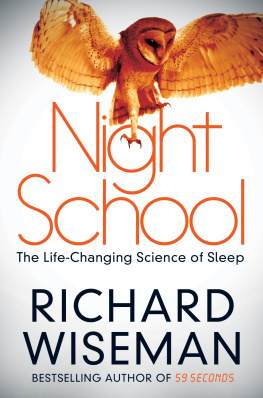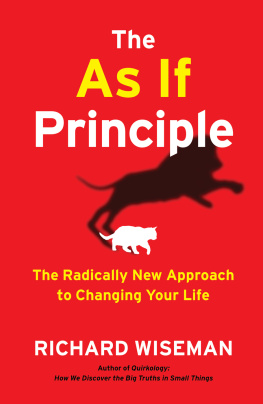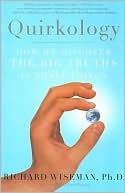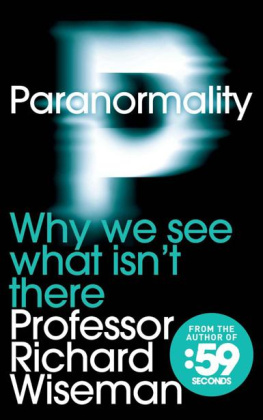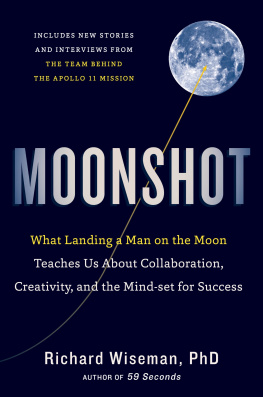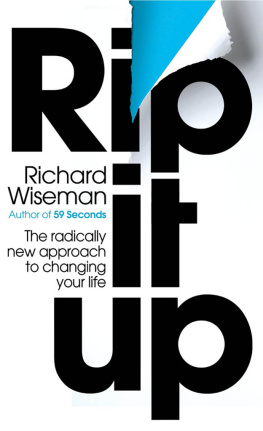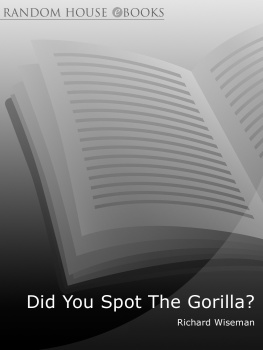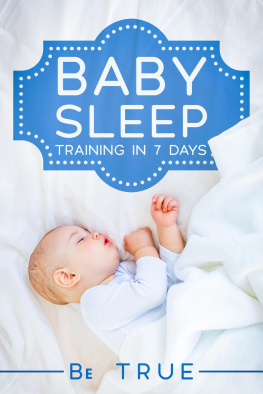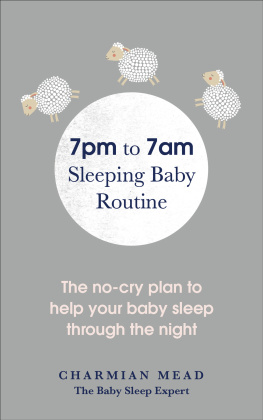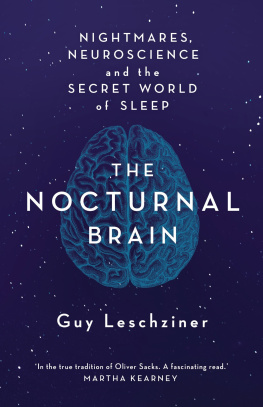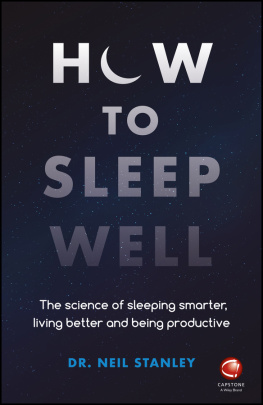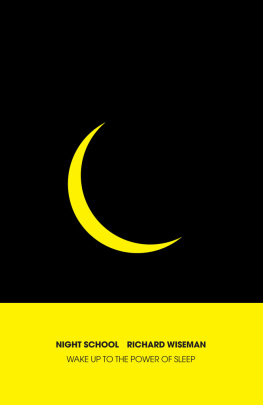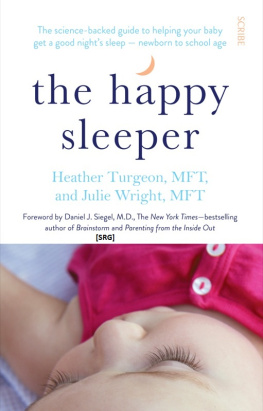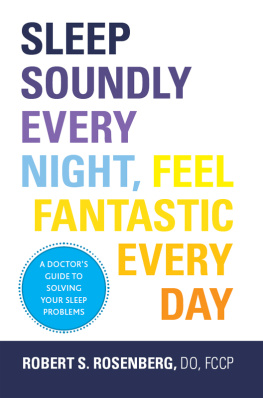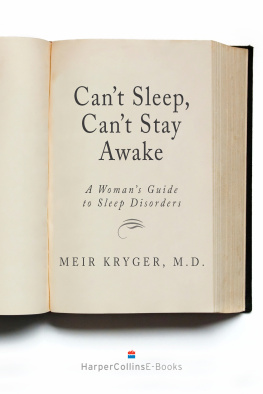
To Douglas and Cameron
Introduction
WAKING UP
Where we come face-to-face with the devil, discover the pressing need for Night School, and set off into the darkness.
Something deeply strange happens every day of your life. You close your eyes, become oblivious to your surroundings, and repeatedly journey into a fantastical world. In this imaginary realm you might fly around, spend quality time with your favourite celebrity, defend the earth against a zombie apocalypse, or watch in horror as all your teeth fall out. Eventually, you regain consciousness, open your eyes, and carry on with your life as if nothing strange has happened. Perhaps most remarkable of all, this is not a brief experience. On average, you sleep for a third of each day, and a quarter of this time is spent dreaming.
Unfortunately, few people have any idea what happens during this part of their lives. Night School takes you on an in-depth tour into the science of sleep and dreaming, and presents practical techniques that you can use to get the most out of the night. During our time together we will discover what happens to your brain and body every night of your life, uncover the mysteries of the human sleep cycle, learn how to overcome nightmares, discover how to enjoy a great nights sleep, and find out how your dreams have the power to change your life.
I first became interested in the science of sleep a few years ago after I started to share my bedroom with the devil. Our clandestine meetings happened about once a week and always took the same form. Shortly after falling asleep, I would wake up in a cold sweat, stare across my room, and see Satan standing in front of my wardrobe. Sometimes he would start to move towards me, and other times he seemed content to keep his distance. Either way, it was a terrifying experience. After about a year of these strange happenings I was invited to take part in a public event on ways in which psychology can improve your life, and was delighted to discover that I would be sharing the stage with a highly regarded sleep expert, Dr Chris Idzikowski.
Chris is an amiable fellow who has had a long and colourful career investigating many aspects of sleep, including the best way to overcome jet lag and whether its possible to carry out a murder when you are asleep. After the panel had finished, Chris and I went for a drink and I took the opportunity to tell him about my regular sightings of Satan by my wardrobe. After going through all the gory details I asked Chris whether I was having some kind of recurring nightmare. He asked a few simple questions. Did I ever scream out? How quickly did I get back to sleep? Did I suddenly sit up in bed? Chris then calmly explained that I was not experiencing a nightmare, but rather a very different phenomenon known as a night terror. To the uninformed, these two experiences appear very similar. However, years of research into sleep and dreaming has revealed that they have very little in common. I walked away with a few top tips on avoiding night terrors (more about these later in the book), and I am delighted to report that I havent seen Satan since.
Intrigued by the ease with which Chris exorcized my devilish tendencies, I started to explore the science of sleep and dreaming. Over time, my casual interest developed into a deep fascination, and I tracked down increasingly obscure academic papers in dusty journals and met up with cutting-edge sleep researchers.
I discovered that for the past sixty years or so, a small group of maverick investigators have devoted their lives to the night, often working long and unsociable hours to uncover the secrets of the sleeping mind. Never ones to shy away from controversy, these nocturnal scientists have carried out several strange experiments, spending months living in underground caves, staging secret studies with a legendary rock band, monitoring people as they attempted to set world records for staying awake, and bombarding entire villages with night-time messages. Inspired by this work, I carried out my own research, staging a mass participation experiment to discover whether people can take control of their dreams, assembling the worlds largest dream bank (which now contains millions of reports), and creating the ultimate sleep environment.
For centuries, most people adopted a nothing to see, move on approach to the night. They assumed that your sleeping mind is dormant, and that your time in bed has no real impact on your life. More recently, the scientific study of sleep and dreaming revealed that nothing could be further from the truth. In fact, each night you embark on an extraordinary journey that influences how you think, feel, and behave when you are awake. After years of tireless research, sleep scientists managed to map every stage of this fascinating journey, including which parts of your brain jump into action when you fall asleep, how to banish nightmares, and what your dreams really say about your psyche.
The work has, however, also uncovered the dark side of the night. Increased workloads, twenty-four-hour media, and permanent Internet access has combined to create a world that now never sleeps. The statistics are staggering, with surveys revealing that a third of both British and American adults do not get the sleep that they need, and that the vast majority of children arrive at school overtired. In 2010, British doctors issued more than fifteen million prescriptions for sleeping pills, and around one in ten adults now regularly take some form of sleep-related medication.
This epidemic of sleep deprivation is having a catastrophic impact on our lives. Around a quarter of drivers admit to falling asleep at the wheel, and fatigue is responsible for thousands of fatal road accidents each year. Poor sleeping habits also reduce productivity, prevent learning, disrupt relationships, cramp creative thinking, and sap self-control. As we will discover later in this book, some of the latest research suggests that poor sleep in adults is also associated with depression and obesity, and may cause children to exhibit many of the symptoms associated with attention deficit hyperactivity disorder (ADHD). Worst of all, even a small lack of sleep can have a detrimental effect on health, and is linked to an increased risk of heart disease, diabetes, high blood pressure, and an early death.
It doesnt have to be like this. As I continued my exploration into sleep science, I realized that much of the research could be used to create techniques to help those struggling with the night. Also, in the same way that these techniques can help move people from being a poor to good sleeper, so they can also help others go from good to great. During my research I uncovered the existence of super-sleepers. These people are able to fall asleep whenever they want, wake up feeling refreshed, and have lots of sweet dreams. Compared to most, they are significantly more likely to be happy, healthy, and wealthy. I believe that almost everyone can improve their sleep and make the most of their dreams and, in doing so, become a super-sleeper.
For years the self-development movement has focused on improving peoples waking lives. Night School reveals how everyone can make the most of the remaining third of their day. Its time to reclaim the night, to change your life while you are sound asleep, and to wake up to the new science of sleep and dreaming. Welcome to Night School.
ASSIGNMENT
Its all in the timing
Throughout Night School you will be invited to carry out a series of specially designed questionnaires and exercises. Some are designed to be fun, and others have a more serious side.
Next page
